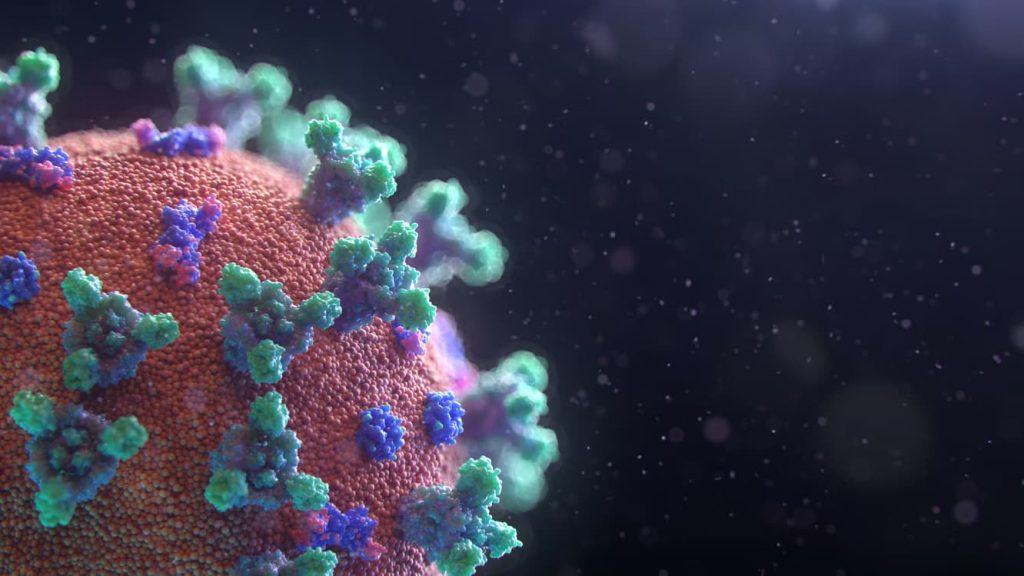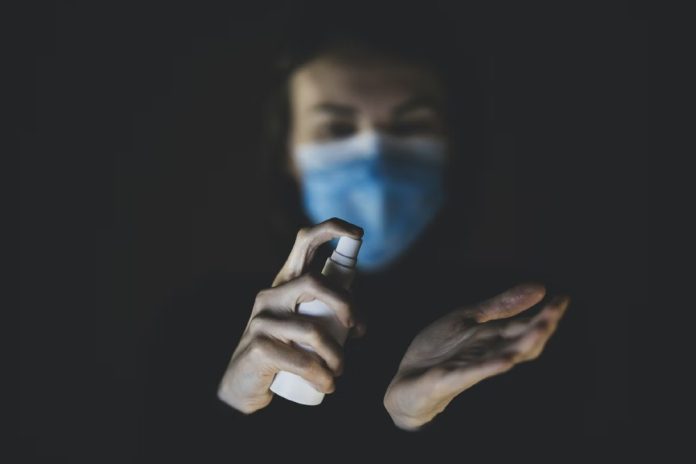The Covid pandemic has been having everyone on edge since the outbreak. Even though lockdowns are no longer necessary, Covid is still here.
While it’s important to take the necessary precautions, it’s also crucial to remember that we still have to live our lives. So what do you do if you start feeling Covid symptoms? Here are 8 essential things to do immediately!
Table of Contents
1. Measure Your Body Temperature
If you start feeling any sort of fever, the first thing you need to do is measure your body temperature. This can be done with a simple thermometer. You should also take note of any other symptoms you’re experiencing, such as a runny nose, a cough, or shortness of breath.
A higher temperature is a reason to do an at home covid test because it is one of the most common symptoms. And, if you don’t have any other symptoms such as a runny nose, a cough, or shortness of breath, you can probably just chalk it up to a fever and not Covid-19.
So, to prevent alarming those around you prematurely, testing yourself first will help you avoid the hassle of going to the covid area in the hospital and waiting in line.
2. Isolate Yourself
If you do have a fever or any other symptoms that could be Covid-19, the next thing you need to do is isolate yourself from others. This means staying in your room and avoiding contact with anyone else in your house.
You should also wear a mask when you’re around other people. If you live alone, this may not be necessary. But if you have roommates or family members, it’s important to take these precautions.
So, when you have a virus infection, no matter if it’s Covid or a different virus, isolation is necessary to prevent the spread of the virus to others. There are two types of isolation:
- Physical isolation involves staying away from other people. This means not going to work, school, or other public places. You should also avoid close contact with people you live with, such as hugging, kissing, or sharing cups and utensils.
- Social isolation means avoiding close contact with other people but still interacting with them through phone calls, text messages, social media, and other forms of communication.
What Are The Benefits Of Isolation?
Isolation can help prevent the spread of the virus to others and protect vulnerable populations, such as those who are sick or have weakened immune systems. It can also help reduce the strain on the healthcare system by preventing hospitals from being overwhelmed with patients.
3. Drink Plenty Of Fluids
It’s important to drink plenty of fluids when you’re sick, especially if you have a fever. This will help your body stay hydrated and prevent dehydration.
Dehydration can make your symptoms worse and make it harder for your body to fight off the virus. So, make sure to drink lots of water, juice, and other fluids. You can also take over-the-counter medication such as ibuprofen to help relieve your symptoms.
Drink small sips of water often throughout the day, rather than large gulps all at once. You should also avoid sugary drinks like soda and juice, which can dehydrate you.
The Benefits
There are many benefits to drinking water, even when you’re not sick. Drinking water helps your body function properly, aids in digestion, and prevents constipation.
It also helps to regulate your body temperature, keeping you cool in the summer and warm in the winter. Drinking water is especially important if you’re active, as it helps prevent cramps and maintain electrolyte balance.
4. Get Plenty Of Rest
When you’re sick, it’s important to get plenty of rest. This will help your body heal and fight off the virus. You should sleep at least 8 hours a day, and if you can, take naps during the day as well.
Make sure to create a comfortable environment for yourself, with a pillow and blanket, so that you can get the best rest possible. Avoid watching television or working on the computer in bed, as this can make it harder to fall asleep. If you have trouble sleeping, try drinking chamomile tea or taking over-the-counter medication such as ibuprofen before bed.
5. Eat Healthy Foods
It’s also important to eat healthy foods when you’re sick. This will give your body the nutrients it needs to heal and fight off the virus. Make sure to eat plenty of fruits, vegetables, and whole grains.
You should also avoid sugary and fatty foods, as they can make your symptoms worse. If you’re not hungry, don’t force yourself to eat. Just drink plenty of fluids and eat when you’re able.
6. Manage Your Stress
When you’re sick, it’s important to manage your stress levels. Stress can make your symptoms worse and make it harder for your body to fight off the virus. So, take some time for yourself to relax and unwind.
Try taking a warm bath, reading a book, or listening to calm music. You should also avoid stressful activities, such as working long hours or watching the news.
7. Avoid Alcohol And Tobacco
You should also avoid alcohol and tobacco when you’re sick. These substances can dehydrate your body and make your symptoms worse. They can also interfere with your medications and make it harder for your body to fight off the virus. So, it’s best to avoid them altogether.
8. See A Doctor If Your Symptoms Worsen
If your symptoms worsen, it’s important to see a doctor right away. This is especially true if you have trouble breathing, a fever that lasts more than three days, or severe chest pain. These could be signs of a more serious condition, such as pneumonia, and you’ll need to be treated by a doctor.

If you feel like you might have Covid-19, it’s important to take action right away. There are several things you can do to help reduce your symptoms and prevent the virus from spreading. First, isolate yourself from other people in your home.
Second, drink lots of fluids and get plenty of rest. Third, eat healthy foods and manage your stress levels. fourth, avoid alcohol and tobacco. And finally, if your symptoms worsen, see a doctor right away. By following these tips, you can help protect yourself and others from the virus.



